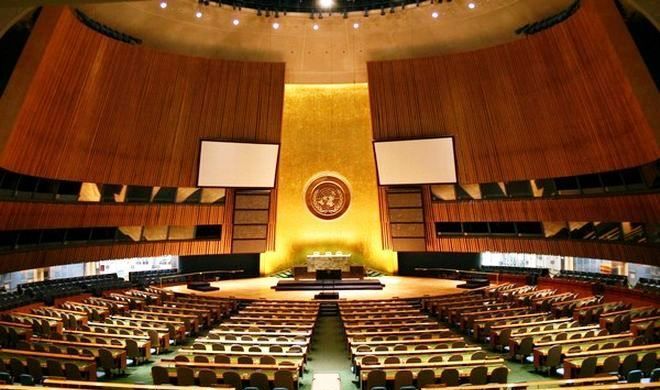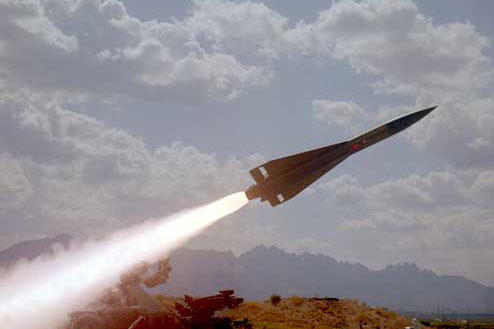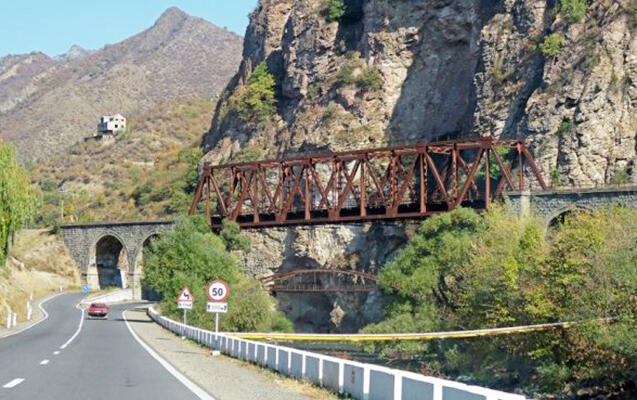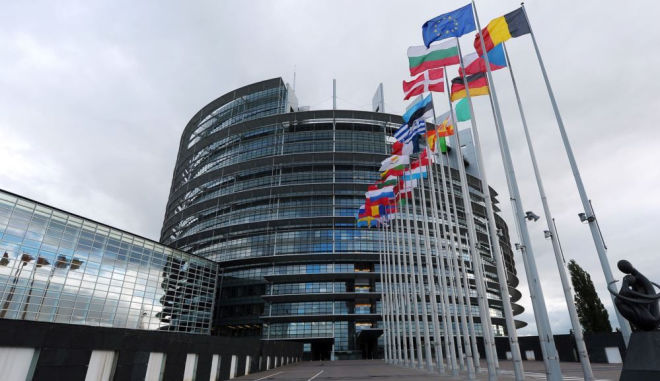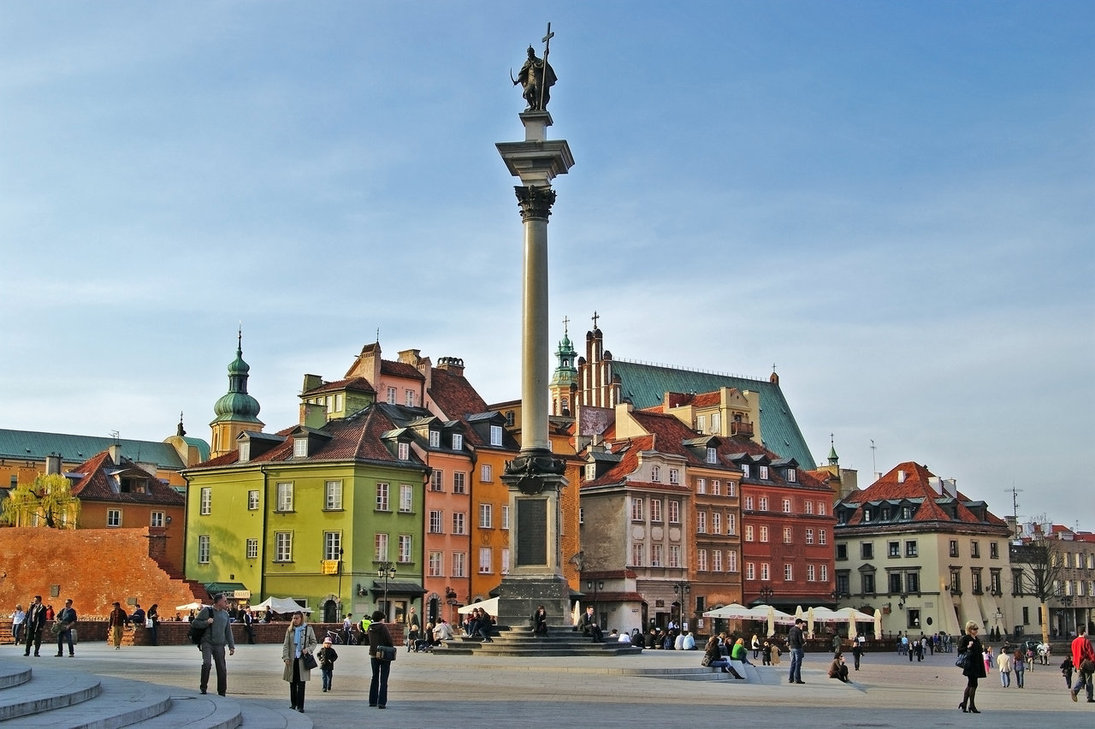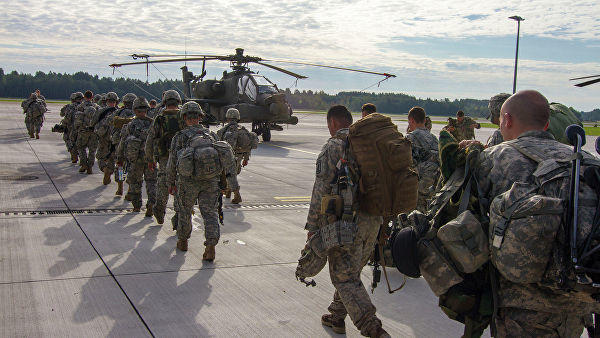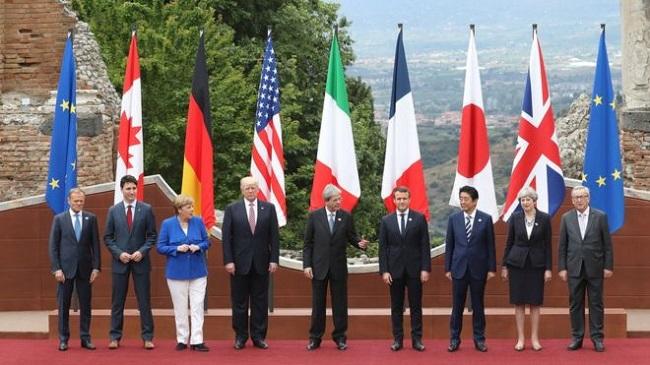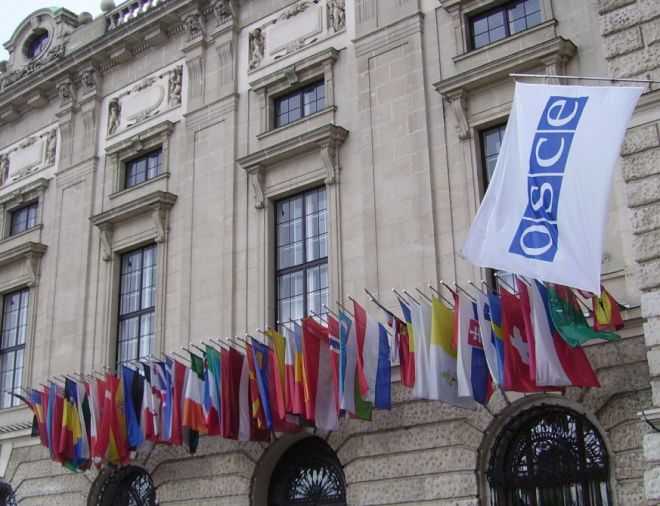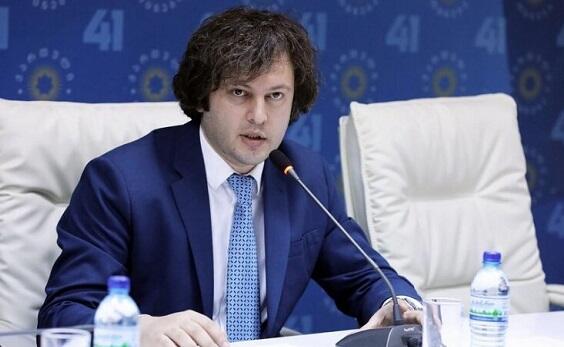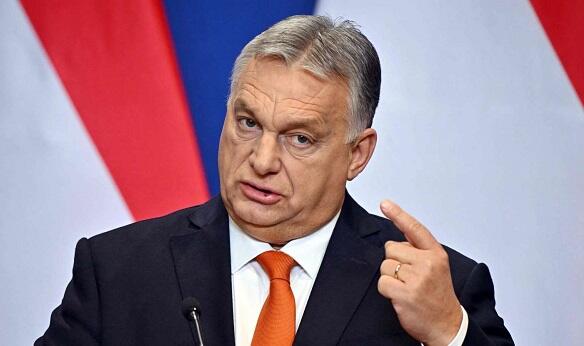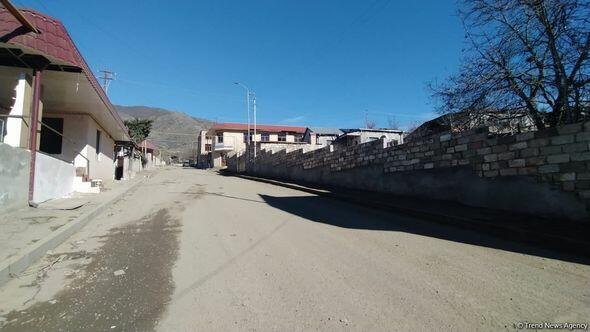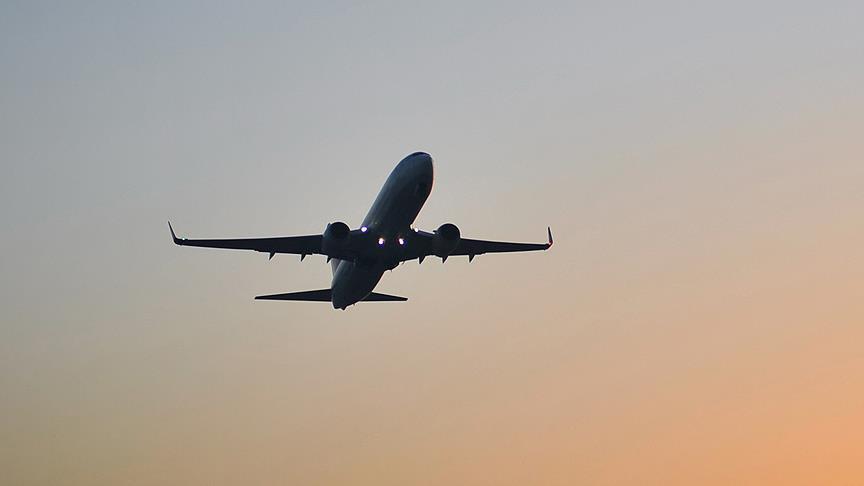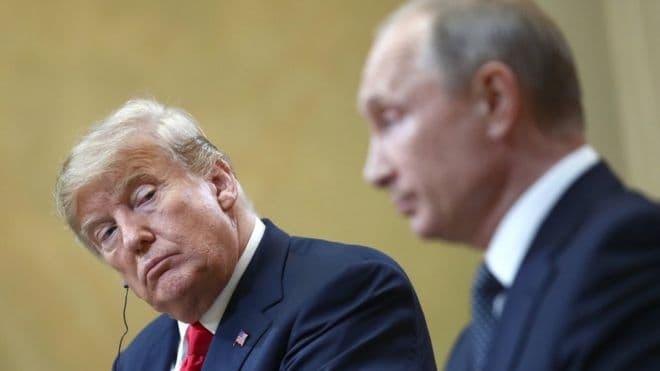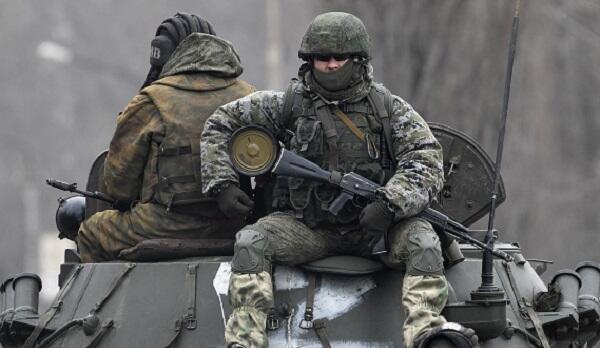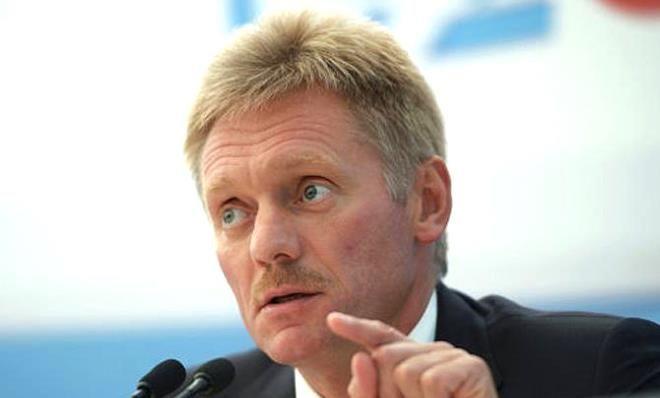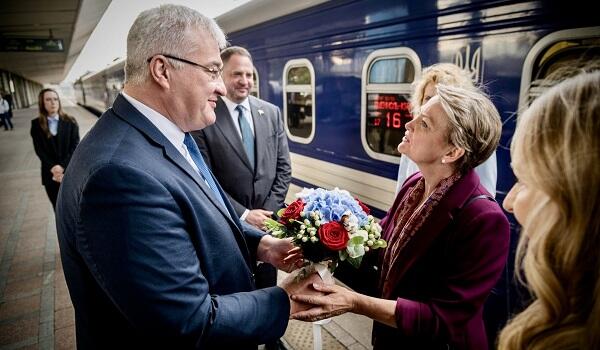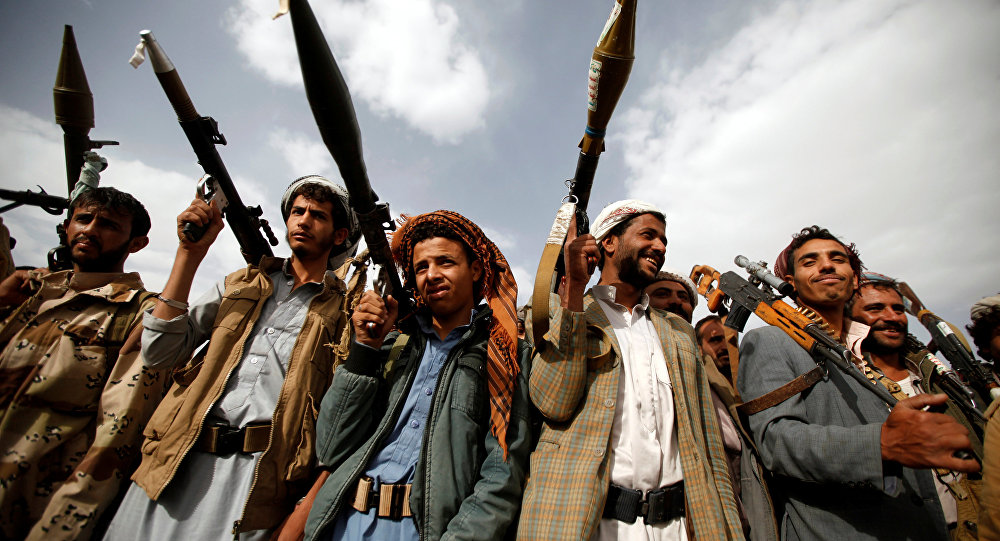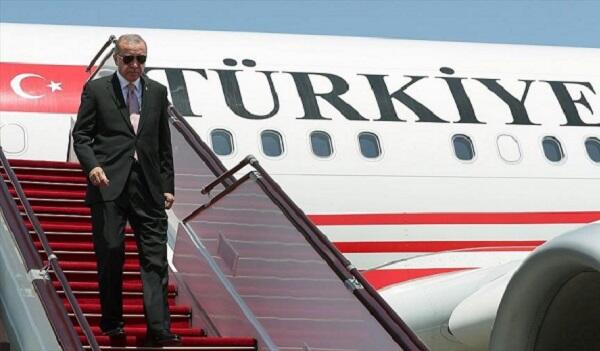India and Japan signed a landmark civil nuclear energy
agreement in Tokyo on Friday that was six years in the
making.
Indian Prime Minister Narendra Modi and his Japanese counterpart
Shinzo Abe inked the deal during the annual India-Japan Bilateral
Summit in Tokyo.
The deal -- which was firmed up during the 2015 visit of Abe to
India -- will allow Japan to export nuclear power equipment and
technology to India.
"Today's signing of the agreement for cooperation in peaceful
uses of nuclear energy marks a historic step in our engagement to
build a clean energy partnership," Modi said in a joint press
conference after the accord was signed. "Our cooperation in this
field will help us combat the challenge of climate change. I also
acknowledge the special significance that such an agreement has for
Japan."
Vikas Swarup, India's Ministry of External Affairs spokesperson,
tweeted that it was a landmark deal for a cleaner, greener world.
"Without doubt, our destinies are interlinked," he said.
"This agreement is a legal framework which will ensure India
will take a responsible action regarding the peaceful use of
nuclear energy," Abe said at the press conference.
"It leads to India virtually taking part in the international
regime. It matches with our country's stance to promote
nonproliferation and a world without nuclear weapons."
The deal has a separate "nullification clause" that will cancel
the pact if India conducts a nuclear test - a guarantee for Japan
to limit its technology for peaceful and commercial purposes.
There has been political resistance to the deal in Japan,
especially after the disaster at the Fukushima Nuclear Power Plant
in 2011. The meltdown, the worst nuclear disaster since the 1986
Chernobyl incident, increased safety concerns.
India is also the first country that has not signed the
Non-Proliferation Treaty to have such an agreement with Japan,
where two atomic bombs were detonated during World War ll. But
other nations have signed civil nuclear deals with India -
including France, Australia and the United States, which inked a
similar deal a decade ago.
The two leaders also underscored the rising importance of the
Indo-Pacific region as a key driver for prosperity in the world,
according to a joint statement released by India's Ministry of
External Affairs.
In addition to the nuclear deal, the two nations have agreed to
explore plans to build high-speed rail lines in India based on
Japan's bullet train technology, and increase cooperation in
engineering and manufacturing.
